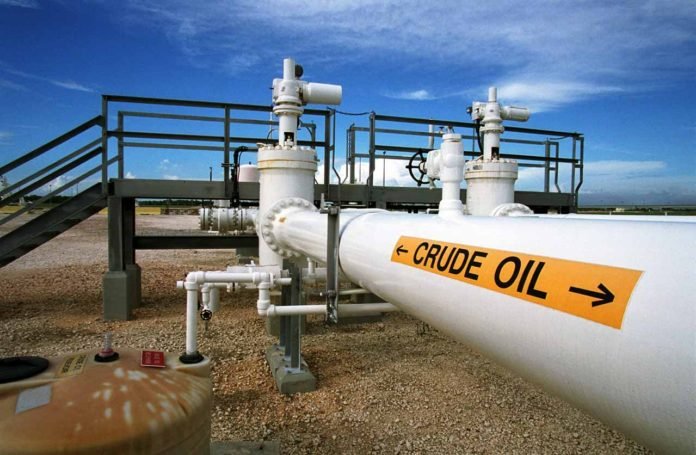Construction of the East African Crude Oil Pipeline (EACOP) is set to commence this month. According to Foreign Affairs minister Palamagamba Kabudi, Total Oil Company director for Africa Division Nicolas Terraz assured him that actual construction of the project would start in the second week of March.
“While in France I held talks with Total director who assured me that all is set for the construction of the pipeline to kick off in the second week of next month,” said Prof Kabudi.
In September last year, President of Uganda, Yoweri Museveni, and his Tanzanian counterpart, John Magufuli, agreed to hasten the implementation of the EACOP project in a bilateral meeting held in Chato District in Geita. This was a follow-up meeting after Uganda signed the Host Government Agreement (HGA) with Total on the multibillion dollar EACOP Project.
The two leaders urged officials from both countries to expedite the harmonisation of pending issues and fast-track the remaining agreements including the Tanzanian HGA to fasten the implementation of the project.
Read:Congo launches construction of $600-Million Oil Refinery
East African Crude Oil Pipeline
The US $3.5bn pipeline project will run from Uganda’s oilfields around Lake Albert to the port of Tanga in Tanzania’s northeast region. The pipeline route was selected by the Government of Uganda as the least cost and most robust.
According to Hassan Abassi, Tanzania’s government spokesman, more than three-quarters of 1,443km crude oil export pipeline will run through Tanzania. Moreover, Tanzania will earn an estimated US$3.24bn and create more than 18,000 jobs over the next 25 years, or more, that the project will be in operation.
Total is the major shareholder in Uganda’s oil fields after agreeing to buy Tullow Oil’s stake in onshore fields. It will work alongside Chinese state-owned CNOOC to develop the Oil reserves that are estimated to have 6bn barrels.




